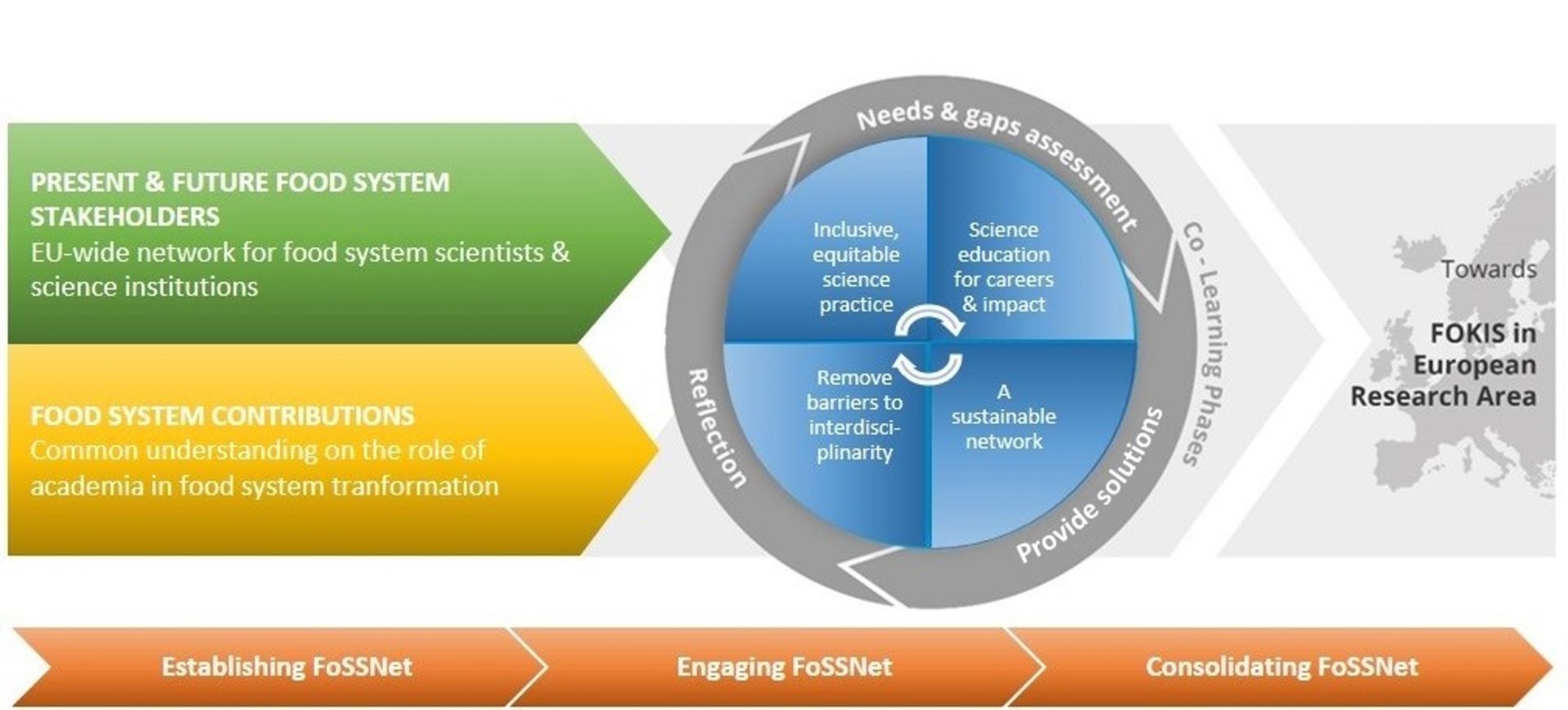About FoSSNet
Enhancing and Deepening Academic Networks
FoSSNet aims to address the inadequacies of the current Knowledge and Innovation (K&I) system within the European Research Area (ERA). By enhancing and deepening academic networks, we seek to establish a new K&I governance structure capable of meeting the emerging challenges of ensuring Europe’s nourishment in a healthy, sustainable, and fair manner.
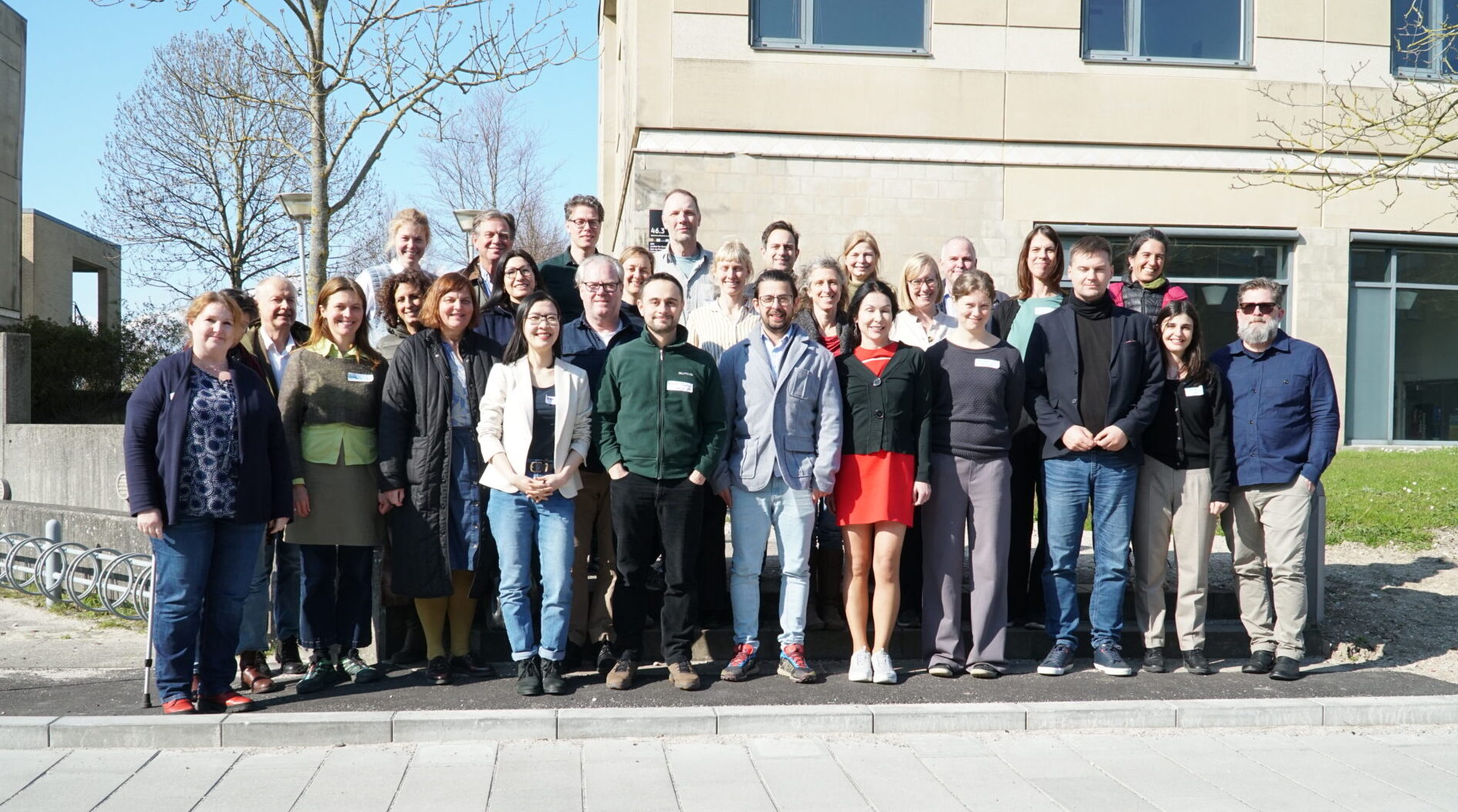
Current challenges in Europe’s Food System
Europe’s food system faces significant challenges in achieving sustainable food production, distribution, consumption, while managing impacts on nutrition, society and the environment. Key issues in relation to the Food System Knowledge and Innovation system include:
- Fragmented Collaboration: Limited integration across disciplines and engagement with non-academic stakeholders.
- Regional Imbalance: Geographic biases favouring Western Europe, limiting diverse perspectives and expertise.
- Weak Integration Frameworks: Inadequate methods and frameworks for combining knowledge, essential for understanding food systems’ complexity and interconnectivity.
- Support Deficiency: Lack of institutional backing for inter- and transdisciplinary research, despite rising interest.
FoSSNet Pillars
The Heart of FoSSNet: Three Pillars Driving Food System Innovation Across Europe
FoSSNet is committed to transforming Europe’s food systems K&I system through an inclusive, inter- and transdisciplinary approach. This approach is essential to effectively address the multifaceted challenges of transforming Europe’s food systems beyond traditional linear methods. Our initiative focuses on three pillars:
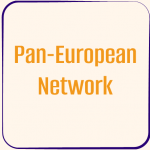
Pan- European Network: Establishing a pan-European platform for Food Systems Science, facilitating collaboration and knowledge exchange among diverse stakeholders — within academia and beyond, such as industry, policy and civil society — to collectively address food systems complexities through the Food Systems Science Network and the FoSSNet Knowledge Hub.
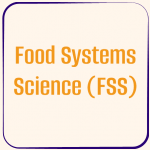
Food Systems Science (FSS): Developing a comprehensive framework for Food Systems Science, promoting inclusivity, and fostering Science-Policy dialogues to drive sustainable food system transformations.

Educational Empowerment: Supporting educational initiatives through the FoSSNet Academy, Summer Schools, and innovative curricula to cultivate the next generation of researchers and professionals equipped with interdisciplinary skills to tackle food system challenges effectively.
Strategic Approach and Objectives
Bridging Gaps, Building Futures: FoSSNet’s Blueprint for a Sustainable Food Network
FoSSNet adopts a systems thinking approach to understand the complex nature of food systems, moving away from traditional linear methods. By integrating food system science with diverse academic disciplines and practical insights from policy and systems transformation experts, FoSSNet aims to foster collaboration among universities, research institutions, industry, farmers, citizens, and policymakers. This approach promotes inclusiveness, cooperation, and communication across sectors to address knowledge gaps, update policies, and drive collaborative solutions for transforming Europe’s food systems towards sustainability and equity.
- Establishing a Common Language and Framework: Developing a shared language and comprehension of Food Systems Science (FSS) while creating a conceptual framework and a pathway for food system transformation.
- Academic Bridge-Building: Connecting European food systems scientists and institutions across local and global levels to integrate diverse knowledge fields (e.g., from ethnography, sociology to biology, nutrition, engineering, economics and law), and foster collaboration among all food system actors to ensure an effective and systemic approach.
- Enhancing Inclusivity: Promoting inclusivity and address power imbalances within FSS practices, focusing on actively seeking to reach and tap into underrepresented regions, such as Eastern Europe.
- Driving Inter- and Transdisciplinary Science: Breaking down barriers to interdisciplinary science in FSS networks through collaborative research, annual conferences showcasing project results and promote networking activities, as well as an event in Poland focusing on expanding the network in Eastern Europe.
- Building Future Competencies: Establish a robust academy and curricula to equip future food systems thinkers and decision-makers with the competencies and capabilities to navigate complex food system challenges.
- Ensuring FoSSNet’s Sustainability and Impact: Securing the long-term sustainability of FoSSNet and its integration into the Knowledge and Innovation System (FOKIS) by generating scientific, economic, and societal impact to secure the network’s future.
Partners
The experts behind the project

![]()
Founded in 1972, Roskilde University excels in technical sciences, natural sciences, social sciences and humanities. It is known for pushing the boundaries of knowledge with a problem-oriented approach, focusing on areas of international or national importance, and bridging the gap between university and society. RUC has 950 staff and around 8000 students.
Visit website

Wageningen Economic Research has a proven track record in policy analysis, including cost-benefit analyses, impact evaluations and future studies. They also excel in market and chain research, consumer research and the development of industry monitoring systems. Their socio-economic expertise supports policy and decision-making for sustainable living and food within planetary boundaries.
Visit website
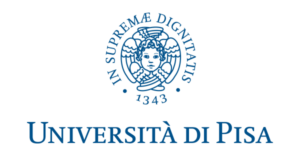
The University of Pisa, established in 1343, is a top Italian institution with 20 departments and high-level research centers. Hosting over 52,000 students and 1,500 professionals, it excels in international research. The Department of Agricultural, Food, and Agro-environmental Sciences supports the FoSSNet project with a strong track record in leading global research projects.
Visit website

Since 1880, Vrije Universiteit Amsterdam has emphasized scientific and value-driven education, research, and knowledge transfer. We focus on Connected World, Governance for Society, Human Health and Life Sciences, and Science for Sustainability. The Athena Institute excels in transdisciplinary and participatory research, driving societal transformations and amplifying vulnerable voices.
Visit website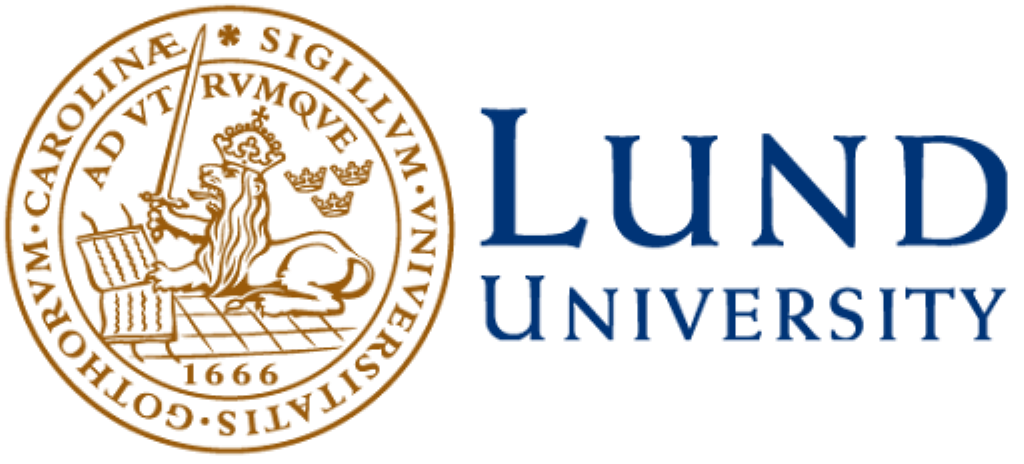
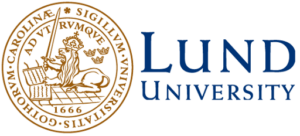
Founded in 1666, Lund University ranks among the top 100 globally, offering education and research in diverse fields like engineering, natural sciences, law, and humanities. Its research covers the entire food chain, promoting transdisciplinary collaboration to tackle societal challenges effectively.
Visit website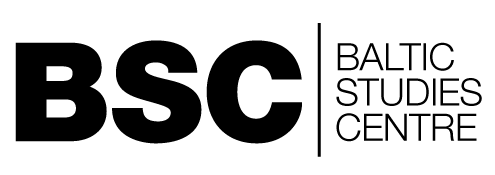
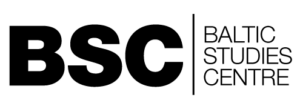
Baltic Studies Centre is a non-profit research institute focused on sustainable rural regional development, agro-food systems, and farming. Collaborating with various stakeholders, it conducts action-oriented research to support innovation and sustainability in sectors like agriculture and food.
Visit website

The University of Barcelona (UB) excels globally, addressing societal challenges through multidisciplinary research. With nearly 100k members, UB promotes values of liberty, democracy, and social responsibility. Recently, UB launched the Food Action and Research Observatory, consolidating food research for societal benefit, supported by the Barcelona City Council and the Spanish government.
Visit website

DIL e.V. is a research institute specializing in food structure, processing, safety, authenticity, sustainability, and data analysis. With 8 research departments and 130 professionals, our expertise spans the entire spectrum of food and feed technologies. We work closely with DIL Technologie GmbH and DIL Engineering GmbH to bridge scientific excellence with practical applications in the private sector.
Visit website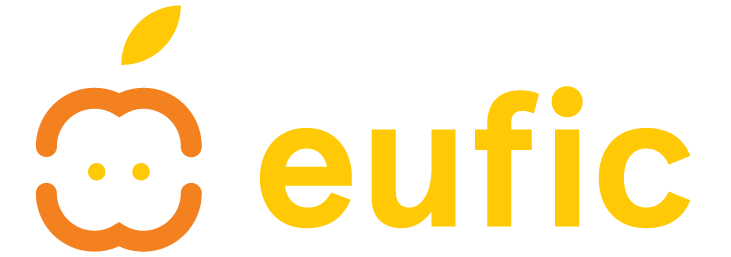

The European Food Information Council (EUFIC), is a consumer-oriented non-profit organisation, founded to make the science behind food and health more accessible and easier to understand among the public. Our mission is to produce science-based content to empower and facilitate healthier and more sustainable diets and lifestyles among European citizens.
Visit website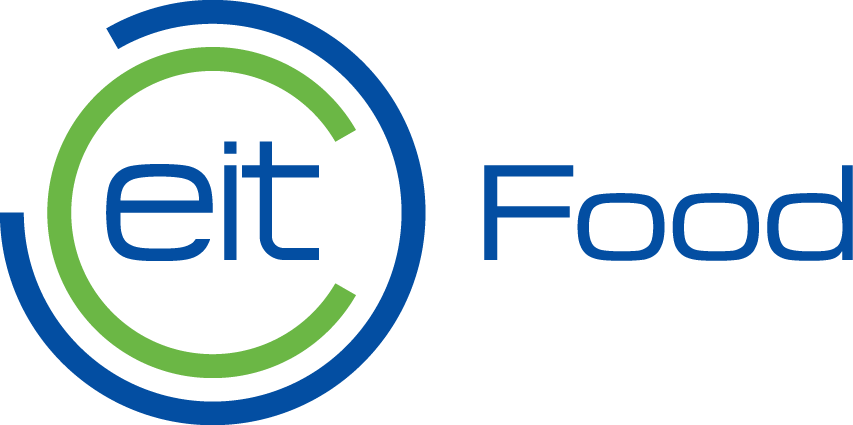

EIT Food leads the world’s largest and most dynamic food innovation community. It creates connections in the food system to stimulate new ideas and inventions and drive change. EIT Food operates to improve outcomes for people and the planet.
Visit website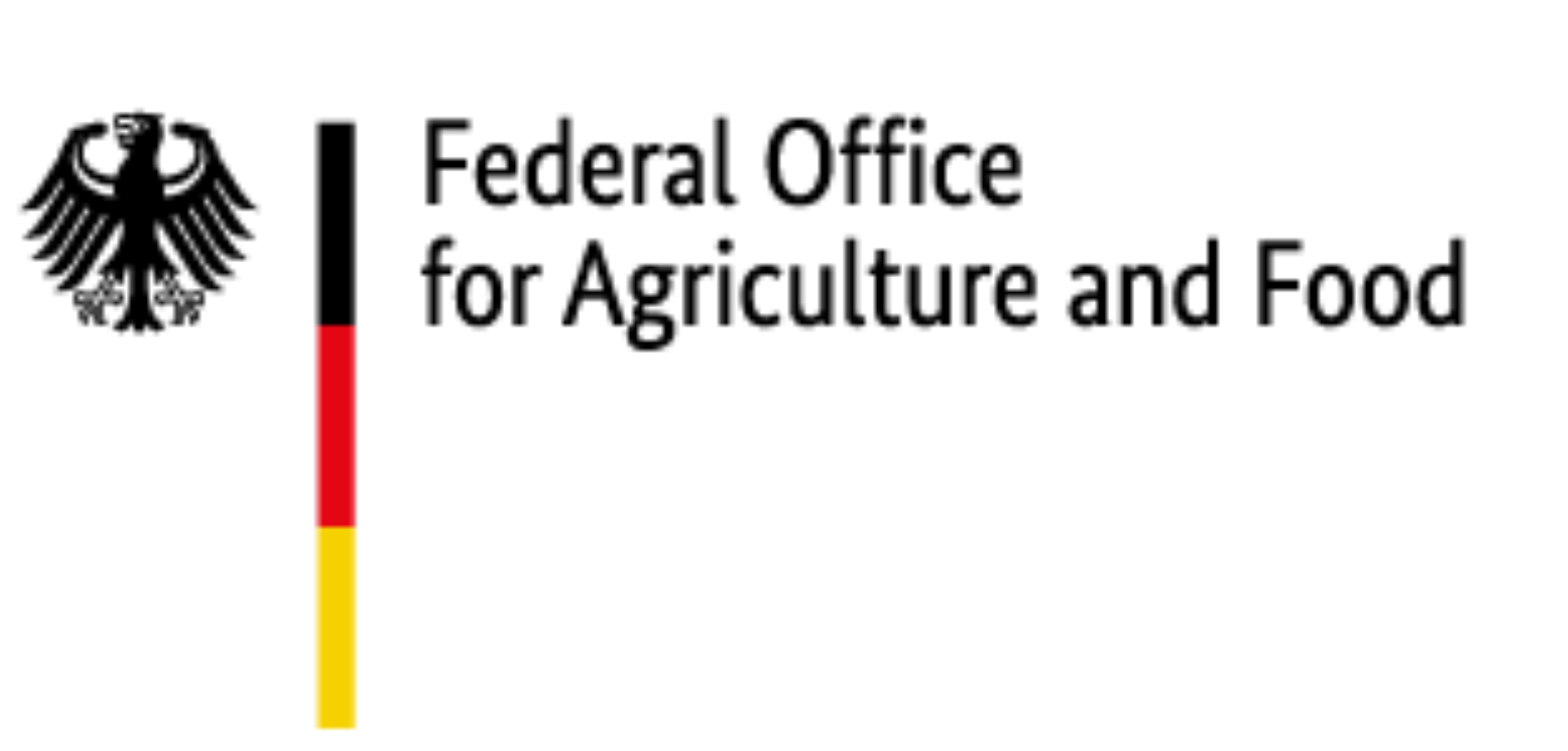
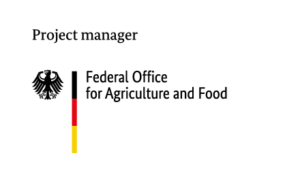
The Federal Office for Agriculture and Food (BLE) is a German institution under public law, subordinated to the Federal Government and the Federal Ministry of Food and Agriculture. It strengthens agriculture, food production, fishery, forestry, and rural areas. BLE also funds R&I and manages programs on national, European, and international levels for agriculture and food production.
Visit website

INRAE, a world leader in agricultural, food and environmental research, has 12,000 employees in 272 labs driving both basic and applied research. Internationally recognized expertise addresses food system challenges. Partnering with AgroParisTech, MIA-PS specializes in statistical and computational modeling for various fields, driving innovative solutions in food systems, ecology and agronomy.
Visit website
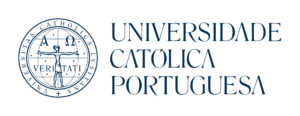
Since 1967, Universidade Católica Portuguesa (UCP) is a leading institution in Porto, Lisbon, Braga, and Viseu, with excellence in teaching, research, and social responsibility. UCP holds top positions in various fields, part of multiple international associations. Its research, organized into R&D Units, is funded nationally and excels in interdisciplinary approaches to address complex social challenges.
Visit website

The Institute of Rural and Agricultural Development of the Polish Academy of Sciences is a leading interdisciplinary research organization focused on monitoring socio-economic and environmental challenges in rural areas. Its scientific staff, representing various disciplines including economics, sociology, demography, and geography, shares a keen interest in rural and agricultural issues.
Visit website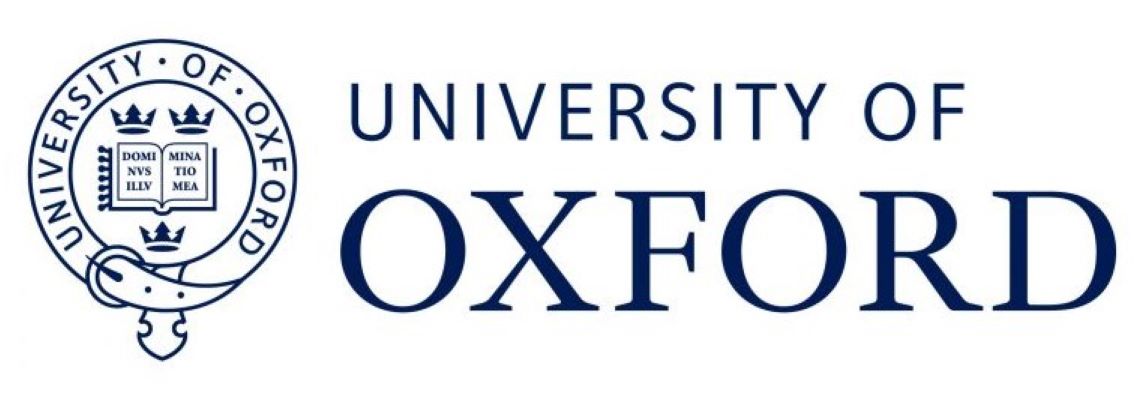

The Food Systems Transformation Group at the University of Oxford conducts impactful research and training with various stakeholders. We aim to: (i) conduct high-quality research that informs policy and practice, (ii) develop participatory methods for systems analysis, (iii) provide innovative teaching for future challenges, and (iv) promote knowledge exchange for food system actors.
Visit website